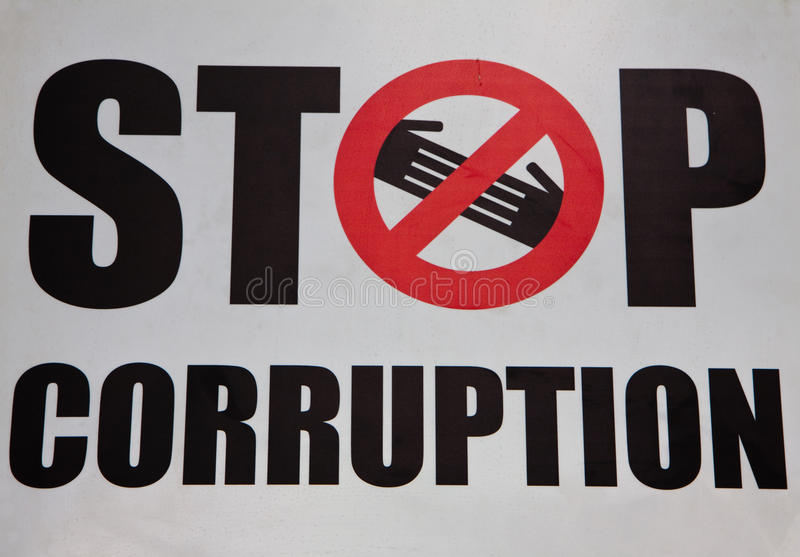New York September 24 – The United Nations plans to strengthen rules aimed at curbing corruption in the global finance which has drained hundreds of billions of dollars a year from funds that should have gone to humanitarian programs to assist poor countries.
Volkan Bozkir, president of the UN General Assembly, said a special conference on corruption will be held next year to strengthen rules aimed at demanding transparency and integrity in global finance. He said funds are needed to implement the 17 Sustainable Development Goals, which include ending poverty and boosting development and education in developing countries.
“We must begin these conversations now,” Bozkir said as a panel unveiled an interim report on International Financial Accountability, Transparency and Integrity for Achieving the 2030 Agenda (FACTI Panel). The panel is composed of former heads of state and government, past central bank governors, business and civil society leaders and prominent academics.
“The poorest and most vulnerable need all actors – governments, the public sector, business, and fellow citizens – to live up to their commitments and to contribute to achievement of our global goal,” Bozkir said. He provided support to promote the use of emerging technologies and data for result-oriented action.
“The use of technologies will be critical to make our global financial system and digital economy work for sustainable development. This will help strengthen both trust and transparency in finance for development.”
The interim report said tax abuse, money laundering and corruption plague global finance and it called on governments to take urgent reforms to tackle the widespread problems. But it said also that governments have failed to agree on the issue of corruption and measures to fight it.
The interim report estimated $500 billion losses to governments each year from profit-shifting enterprises and $7 trillion in private wealth hidden in haven countries, with 10% of world GDP held offshore. It estimated money laundering of around $1.6 trillion per year, or 2.7% of global GDP.
“Corruption and tax avoidance are rampant,” said Dr. Dalia Grybauskaitė, FACTI co-chair and former president of Lithuania. “Too many banks are in cahoots and too many governments are stuck in the past. We’re all being robbed, especially the world’s poor.”
“Trust in the finance system is essential to tackle big issues like poverty, climate change and COVID-19. Instead we get dithering and delay bordering on complicity.”
The panel said criminals have taken advantage of the Covid pandemic as governments focused on fighting the virus and relaxed controls over corruption.
“Our weakness in tackling corruption and financial crime has been further exposed by the COVID-19,” said Dr. Ibrahim Mayaki, FACTI co-chair and ex-prime minister of Niger. “Resources to stop the spread, keep people alive and put food on tables are instead lost to corruption and abuse.”
United Nations correspondent journalists – United Nations correspondent journalists – United Nations correspondent journalists – United Nations journalism articles – United Nations journalism articles – United Nations journalism articles – United Nations News – United Nations News – United Nations News

